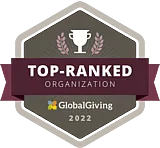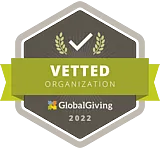Imagine growing up without the love and support of family to guide you through life. That’s the stark reality for over 391,000 children in foster care in the US and over 8 million kids worldwide. Kids who, through no fault of their own, have found themselves in a system that – try as it might – often falls short.
Kids who have had opportunities and the shot at a real future taken away from them by the actions of others.
Kids who just need a first chance at finding happiness and the love of family.
Here’s why family is important, and why your support of Kidsave
can literally be life changing.
Find more in-depth information on the science at Center for the Developing Child – Harvard University





